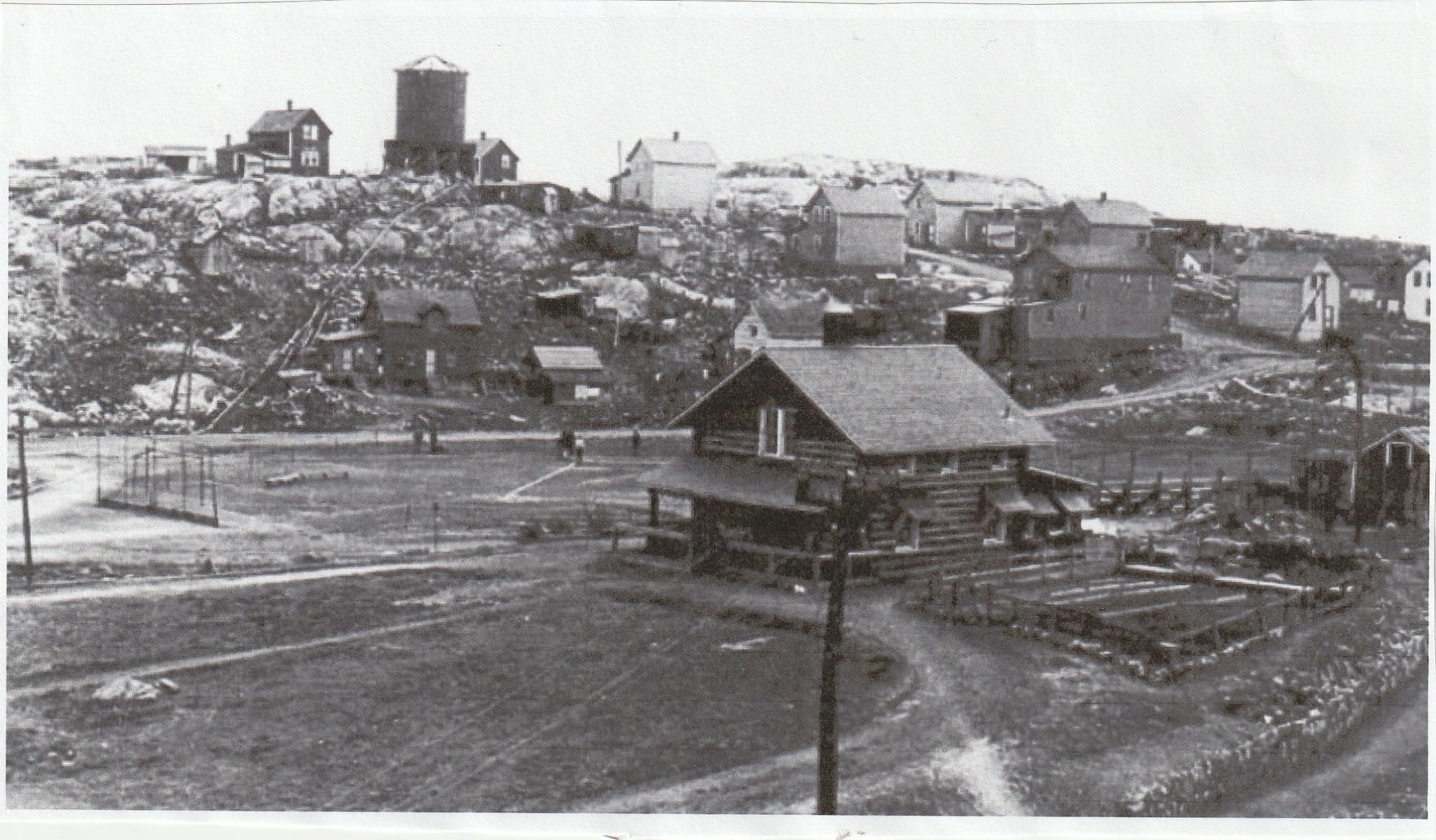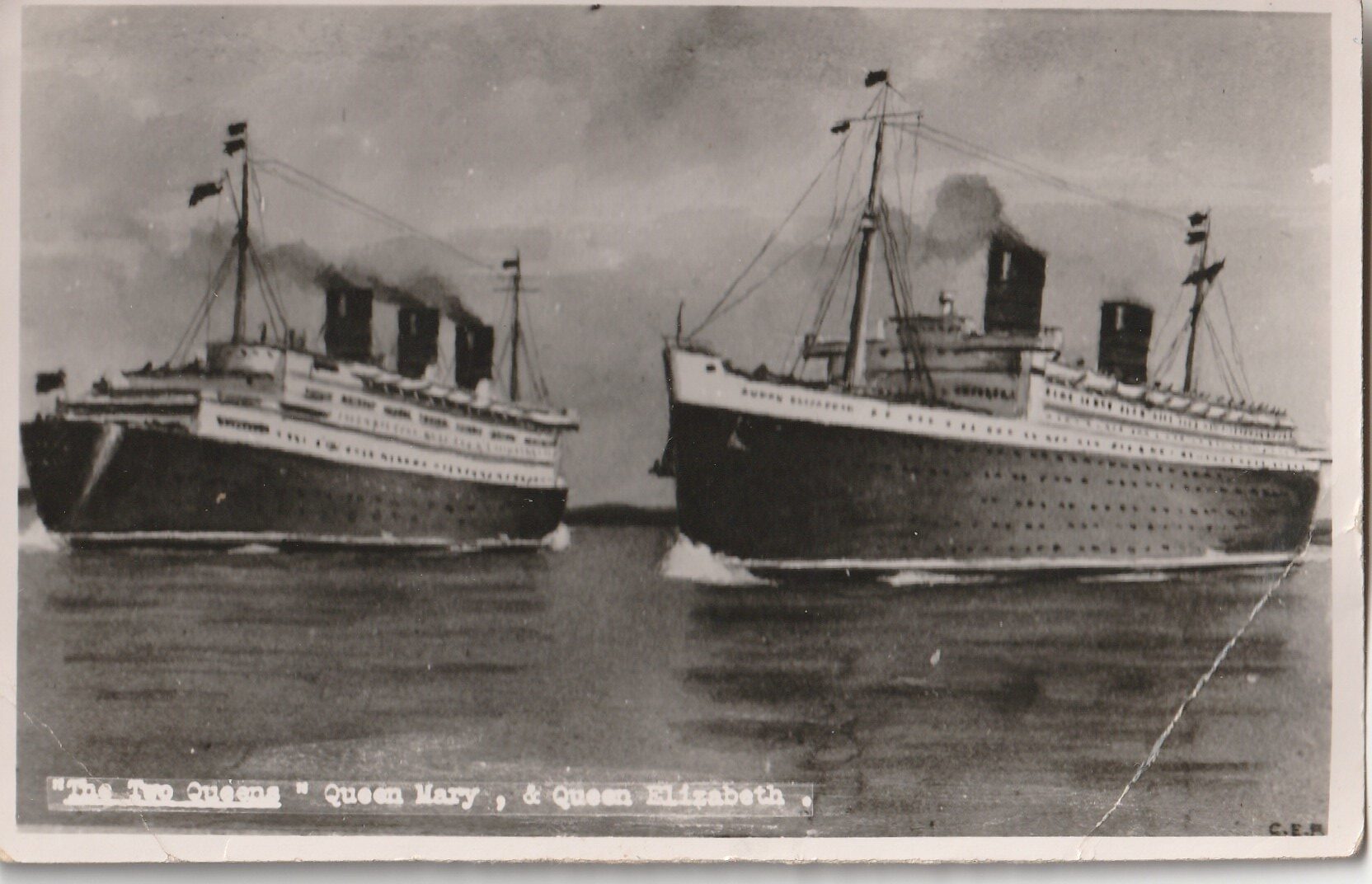After completing ‘The Seventh Shot’, I began looking into the heart-breaking story of the disappearance and murder of a 10-year-old girl near Beeton, Ontario in the summer of 1962. The little girl’s name was Thomasena Baker, or Tommy to those who loved her.
Her murderer, John MacDonald of Newmarket, would ultimately be identified, tried and convicted, and go on to spend a long life behind bars. He would, however, live to receive a verbal forgiveness for the horrendous crime by a devout pair of missionaries who took an interest in him. He was eventually released to a halfway house in Western Canada. Meanwhile, Tommy’s family struggled to live out their lives, dealing with their loss every moment of every day.
I couldn’t help but wonder what ‘life’ was like for Ronald Glen West these days…
In 2002, Ronald Glen West was sentenced to life imprisonment for the murders of Doreen Moorby and Helen Ferguson. Had West been captured, tried and sentenced in the 1970s, when the crimes were committed, there most likely would have been a very different outcome: in the 70s, Canada still readily imposed the death penalty. If West had been caught and convicted back then, he might now be dead, and others alive.
Ironically, West’s lengthy evasion of capture and prosecution would not only eliminate his eligibility for the death penalty, but would also knock his sentencing down to second degree – which would, in turn, entitle him to life with a chance of parole, or up to twenty-five years and as little as ten, prior to being eligible for parole. (He has yet to apply for early parole, which I believe is due to his acknowledgement that the families of the victims will attend in full force, even after all these years.)
As detailed in ‘The Seventh Shot’, West was serving time for robberies and related assaults in the late 1990s when he was charged with the Moorby and Ferguson murders. He began serving his time in Kingston, eventually moving to Millhaven, and ultimately graduating to the medium-security Bath Institute. If you keep up with the news regarding Paul Bernardo, you may recall that he has pressed hard for a transfer for Bath.

Life on the ‘range’ at Millhaven – where West would join the likes of Bernardo, and later Colonel Williams – was not idyllic by any means. At one point he was compelled to report to the authorities that he was being targeted by other inmates for abuse, and requested a move to an alternate living space. The general population on his block had taken offence when it was discovered that he had purportedly murdered two young mothers. West was experiencing the judgment of other inmates – who considered his crimes to be in a class of their own.
West eventually moved to the medium-security Bath Institute, about 25 km west of Kingston. The Institute sits downhill from Millhaven, close to the shore of Lake Ontario and near the Amherst Island Ferry. Under different circumstances it might be considered an idyllic spot.
Bath is based on an open-campus design, not unlike that of a university. Approximately 23% of the inmates are lifers, while most of the remaining 77% will go on to be released – as will West, most likely. The population is made up of hardened criminals: murderers, rapists, and pedophiles with multiple convictions. However, it is a far more desirable spot to put in one’s time than Millhaven.
The inmates at Bath live in a dorm-like setting and nearly all of them take part in some form of work for which they receive minimal payment. This can range from kitchen duties to those of cleaners, caregivers (of other inmates), and woodworkers at the onsite factory, where they manufacture office furniture for the Ministry of Defence, among other things. Inmates are required – but seemingly not compelled – to attend extensive rehabilitation programs as many as five times a week.
Up to 516 inmates are housed in the facility and the security is reasonably minimal. Retired Detective Don MacNeil told me about his early years visiting the various penitentiaries. He recalled that one particular prisoner at Bath had managed to time the changing of the guards down to seconds, and often effectively escaped the site, pulling an old bicycle from the undergrowth and peddling off to visit his girlfriend, who had rented a nearby cottage, always returning shortly after. He was able to repeat these outings without raising any suspicions for some time.
The inmates enjoy gardening, recreational programs, and even put on the odd pageant-style play, inviting family and friends to performances. They post for pen-pals and girlfriends, and have family and conjugal visits on site with the ability to order movies and games for the visits. The standard prison-wear at Bath consist of jeans, t-shirts and baseball hats – at least within working hours. A canteen run by the inmates is available, along with the limited use of computers for those enrolled in education or vocational programs.
A number of clinics exist which provide the services of a physician, dieticians, dentists, dental hygienists, nurses, optometrists, psychiatrists and physiotherapists. These clinics monitor blood pressure, diabetes, and administer vaccinations.
Eligible inmates initiate their day releases and eventually move to halfway houses. It is quite possible that West is either on the verge of day release or currently in the process of moving to a halfway house. But at least two of the cops involved with his arrest and conviction feel that he may not want to leave Bath. He is purportedly not that healthy – an older man without friends and future…
I have wondered if he would agree to talk about ‘other crimes’ to the authorities in exchange for an opportunity to stay. This might provide an iota of closure for some, and would be far preferable to the ‘dollars for bodies’ given to Clifford Olson.
I can understand why so many of the homeless whom I worked with – 80 percent of whom suffered from a mental illness, according to the Canadian Mental Health Association (CMHA) – happily opted for a jail cell over a Canadian winter spent on the street.
I will document the devastating disappearance and search for ‘Tommy’ in a future entry.



